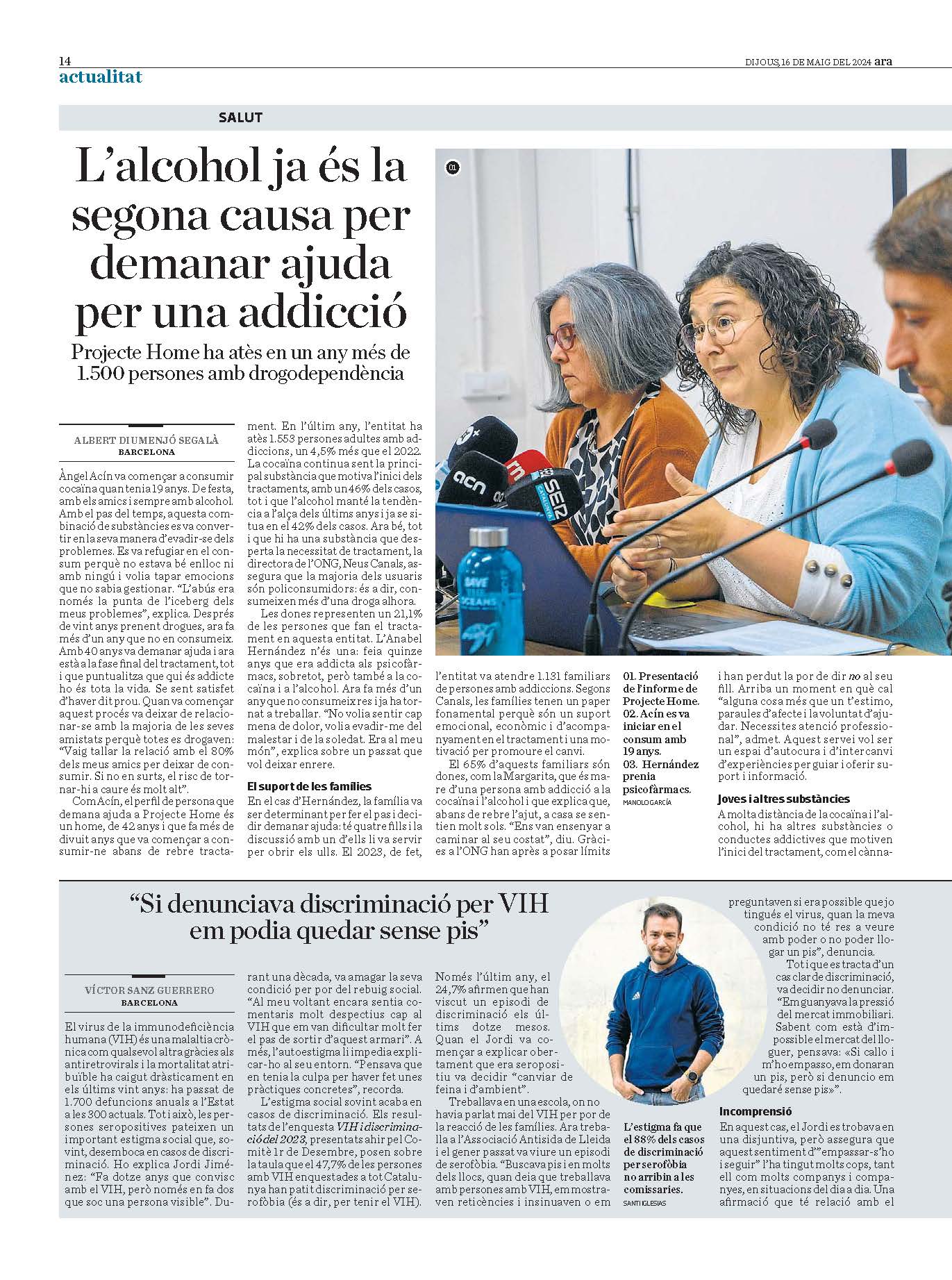Resumen
Background: Puerto Rico (PR) has a highly homophobic, patriarchal and extremely religious culture. More than 35 years into the HIV epidemic, stigma is still manifested by many, especially by healthcare providers (HCP). This causes detrimental social and medical implications for people with HIV. Stigma enacted as prejudice and discrimination in the context of healthcare have been associated with challenges in patient''s care continuum. This is particularly true for HIV-positive men who have sex with men (MSM) who are otherwise disenfranchised in health services. Greater attention needs to be paid to stigma as a Social Determinant of Health for HIV. However, limited research has been conducted to understand how stigma impacts the retention in HIV care, particularly of HIV-positive MSM in highly-stigmatizing contexts such as PR. Methods: A qualitative study was conducted using in-depth semi-structured interviews with 19 HIV-positive MSM. Participants were cis-gender males, at least 16yo, and sexually active during the three months prior to the interview. Interviews, conducted in Spanish, included three thematic areas: experiences with HIV testing and treatment, engagement in care, and experiences with HCP. Content analyses were performed using NVivo V-10.
Results: Both HIV stigma and Gay stigma were documented by participants. Issues with confidentiality, poor quality HIV services, disclosure of sexual orientation and HIV status, and linkage to care were among participants'' main concerns. They emphasized on discriminating actions by HCP, citing ultraconservative cultural influences for their stigmatizing attitudes. Also, experiences of stigmatization by mental health providers based on their sexual identity was consistently mentioned by participants. The quality of the interaction between HCP and participants greatly influenced the willingness to disclose HIV status and sexual orientation and to choose providers and health care settings. Conclusions: Experiences of stigma in healthcare settings prevent people with HIV from engagement and retention in continuum of care. Future interventions should invest in culturally-appropriate training for HCP to address stigma and how to provide appropriate services to gay, bisexual men and other MSM. This way we can move forward to eradicating stigma and assuring the quality of life of those affected by HIV/AIDS.






